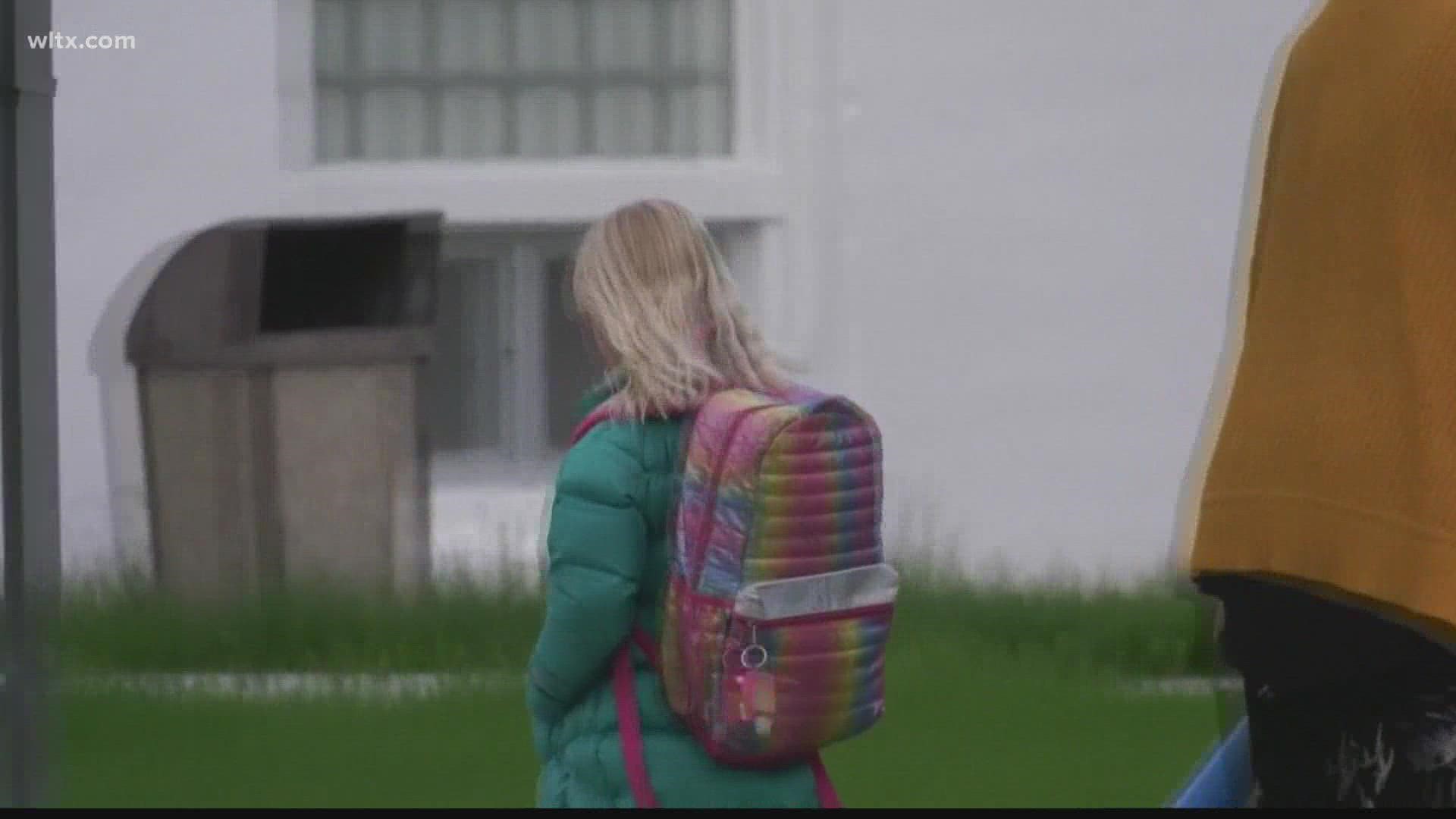COLUMBIA, S.C. — South Carolina Senators are working on two bills that look to expand "school choice" in the state.
On Wednesday March 23, the Senate Education Committee passed the "open enrollment" bill, which could allow students to change schools within or outside their district.
'The attempt here is to allow students who may not be getting the courses they want in a particular school. I’ve had personal experience with grandchildren with that. And I know what it means to succeed in an area like that, and students who couldn’t do that; it held them back,” explained bill author Senator Dwight Loftis.
The bill says school districts can prioritize student applicants that live in their district, hold a lottery if there are more applicants than spots available, and deny students if they don’t have the room or staff to accommodate them.
State and federal funding would follow the transfer student to their new district, but local dollars would not. To help make up for lack of funding, Senator Scott Talley explained to the committee that districts could charge transfer fees.
If a family is charged a transfer fee to enroll in a new district, senators in the committee argued they could apply for an education scholarship account (ESA) to pay for it, if they're eligible.
A bill that aims to create education scholarship accounts for underserved children is currently being considered by the Senate.
The same day the education committee passed the "open enrollment" bill, the Senate took up the ESA bill on special order.
The bill initially focused on helping eligible families pay for private school tuition, which received a lot of backlash from public school advocates. However, the bill now says the state-funded scholarships could pay for several school costs, including “tuition and fees of an education service provider.”
Senator Shane Massey explained the money could go toward books, tutoring, transportation and certain public school costs.
When discussing the bill on the floor, Massey said, "we’re talking about children that do not have the financial means to have other educational opportunities. When they're stuck in under performing schools, this bill would give them those opportunities to be successful.”
To be eligible for the potential funding there’s a list of criteria, including being eligible for Medicaid and being enrolled in a public school.
If education scholarship accounts come to South Carolina, the bill says the first year would allow 5,000 students to apply and they could get up to about $6,000 each.

